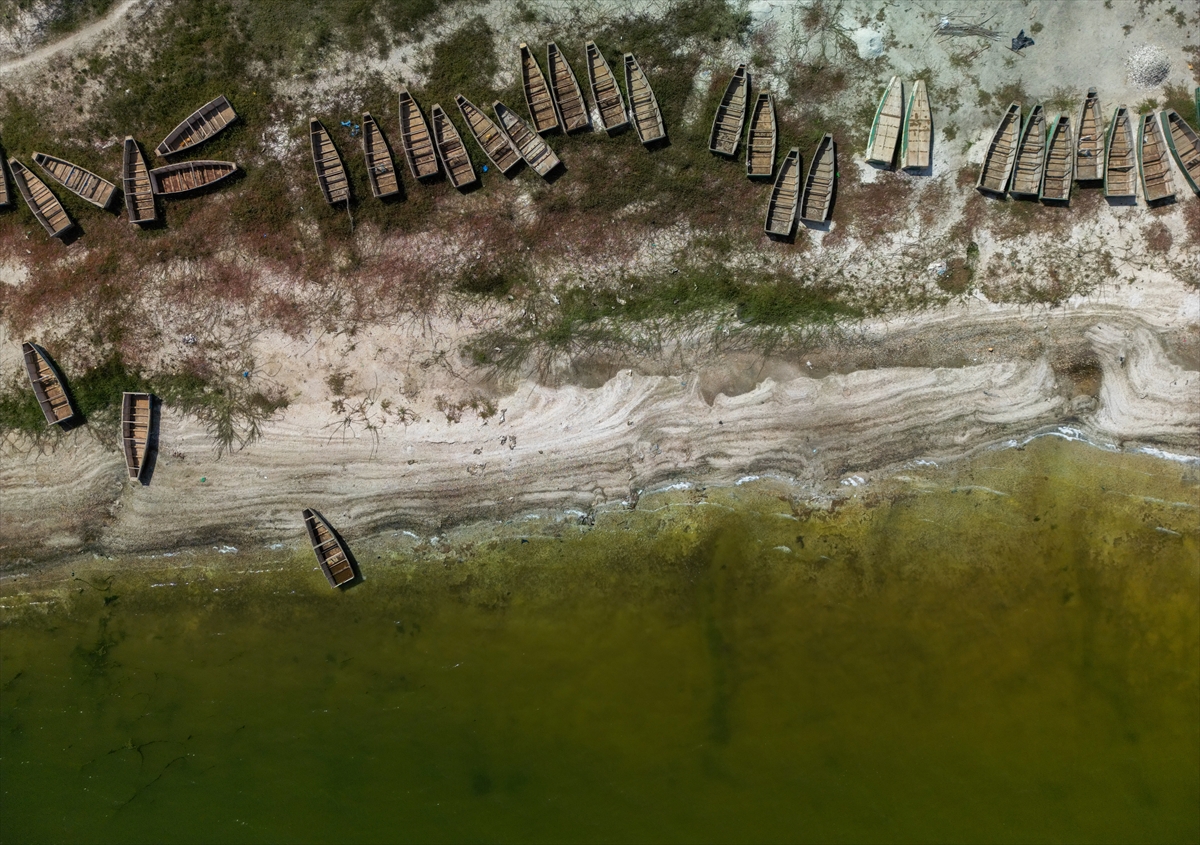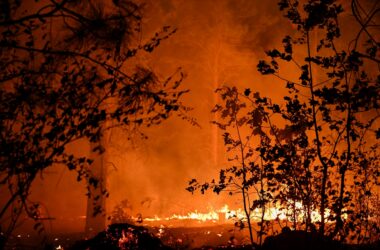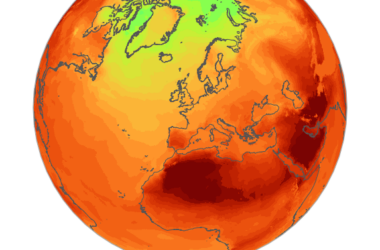Some researchers suggest that the goal of limiting global warming to 1.5 degrees Celsius has already been exceeded, with temperatures reaching 1.7 degrees by 2020.
Researchers from Australia and the United States examined marine sponges from the Caribbean to determine changes in ocean and air temperatures over the last 300 years.
In their study, the researchers found that human-induced climate change started earlier than thought.
Suggesting that the goal of limiting global warming to 1.5 degrees Celsius has already been exceeded and that the temperature has reached 1.7 degrees by 2020 since the pre-industrial revolution, the researchers warned that “time is running out” to find a solution to global warming.
Malcolm McCulloch, a marine geochemist at the University of Western Australia, and Amos Winter, an oceanographer at Indiana State University in the US, spoke to The Associated Press about their work.
Researchers McCulloch and Winter said it makes sense that global warming started earlier than the Intergovernmental Panel on Climate Change (IPCC) predicted because the industrial revolution began in the mid-1800s.
Warning that time is running out, McCulloch and Winter reported that their findings support the theory that climate change is accelerating.
Pointing out that one of the sponges sampled was over 320 years old, the researchers said that these sponges would be a better measurement method compared to the tools of the Industrial Revolution.
The sponges record atmospheric carbon dioxide, water temperature and pH value, the researchers said, adding that sponges are difficult to find because they live 33 to 98 meters deep in the ocean.
McCulloch and Winter argued that sponges are suitable to be used for temperature changes, noting that they match data collected from coral, ice cores and tree rings.
Emphasizing that these sponges are only found in the Caribbean, the researchers said that despite this, they are at a depth that is not much affected by the warm and cold cycles caused by El Nino and La Nina.
- Some scientists say there are flaws in the study
On the other hand, some scientists question the reliability of the findings, stating that there are flaws in the study.
Michael Mann, Director of the Center for Earth System Science at the University of Pennsylvania, said in a statement that research conducted in a single region would be too uniform.
Ecologist Camille Parmesan from the University of Texas said, “You cannot extrapolate from the Caribbean to the world’s oceans.”
The research was published in the journal “Nature Climate Change.” (AA)



 UN
UN 



